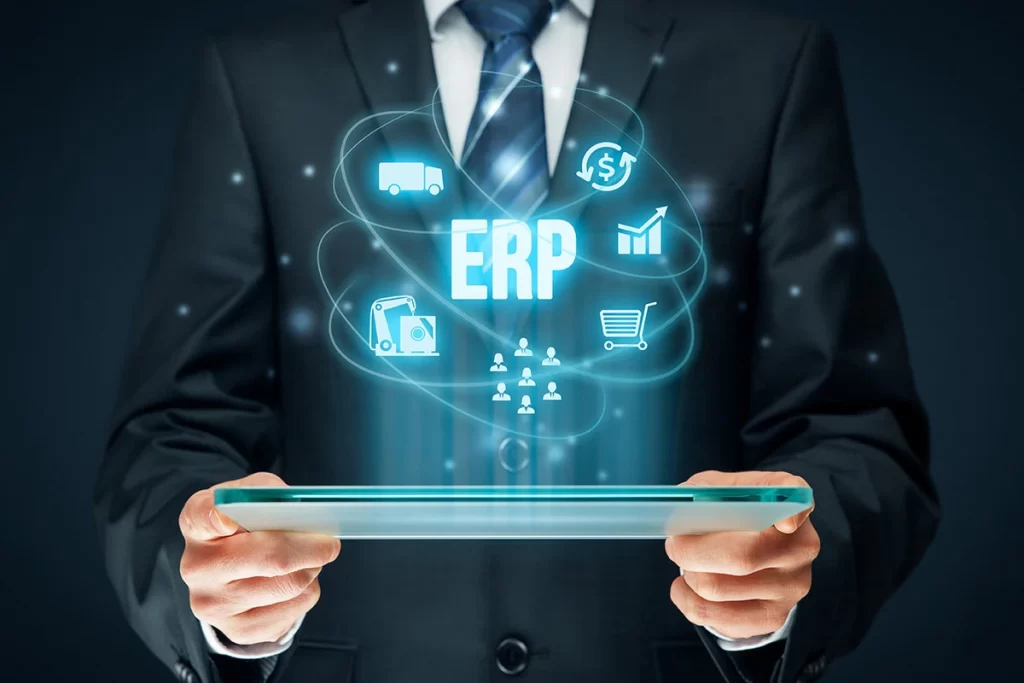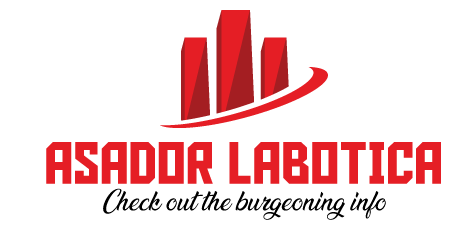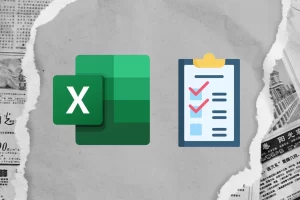
ERP systems are powerful tools that can help organizations manage their operations more efficiently. By integrating all aspects of an organization’s operations into a single system, an ERP system can automate processes, reduce errors, and improve visibility by netsuite erp system. With an ERP system, organizations can streamline their operations, reduce costs, and drive revenue growth. This system serves as an all-in solution for varied business dealing. It is much useful to streamline the varied process of business without any complications.
Functions of ERP system:
Enterprise Resource Planning (ERP) systems are a suite of software applications that help organizations manage their business processes, streamline operations, and improve overall efficiency. ERP systems are designed to integrate all aspects of an organization’s operations into a single system, including finance and accounting, human resources, customer relationship management, supply chain management, and inventory management.
Financial Management: One of the primary functions of an ERP system is to manage an organization’s finances. This includes accounts payable and receivable, general ledger, budgeting, forecasting, and financial reporting. With an ERP system, organizations can automate financial processes, reduce errors, and improve financial visibility.

Human Resource Management: Another function of an ERP system is to manage an organization’s human resources. This includes employee data management, payroll, benefits administration, and performance management. With an ERP system, organizations can automate HR processes, improve employee engagement, and streamline HR operations.
Customer Relationship Management: An ERP system can also help manage an organization’s customer relationships. This includes customer data management, sales and marketing, and customer service management. With an ERP system, organizations can improve customer engagement, increase customer satisfaction, and drive revenue growth.
Supply Chain Management: Another important function of an ERP system is to manage an organization’s supply chain. This includes inventory management, procurement, logistics, and production planning. With an ERP system, organizations can optimize their supply chain, reduce costs, and improve overall efficiency.
Reporting and Analytics: An ERP system can also provide organizations with real-time reporting and analytics capabilities. This includes data visualization, dashboards, and predictive analytics. With an ERP system, organizations can gain insights into their operations, identify trends and patterns, and make data-driven decisions















